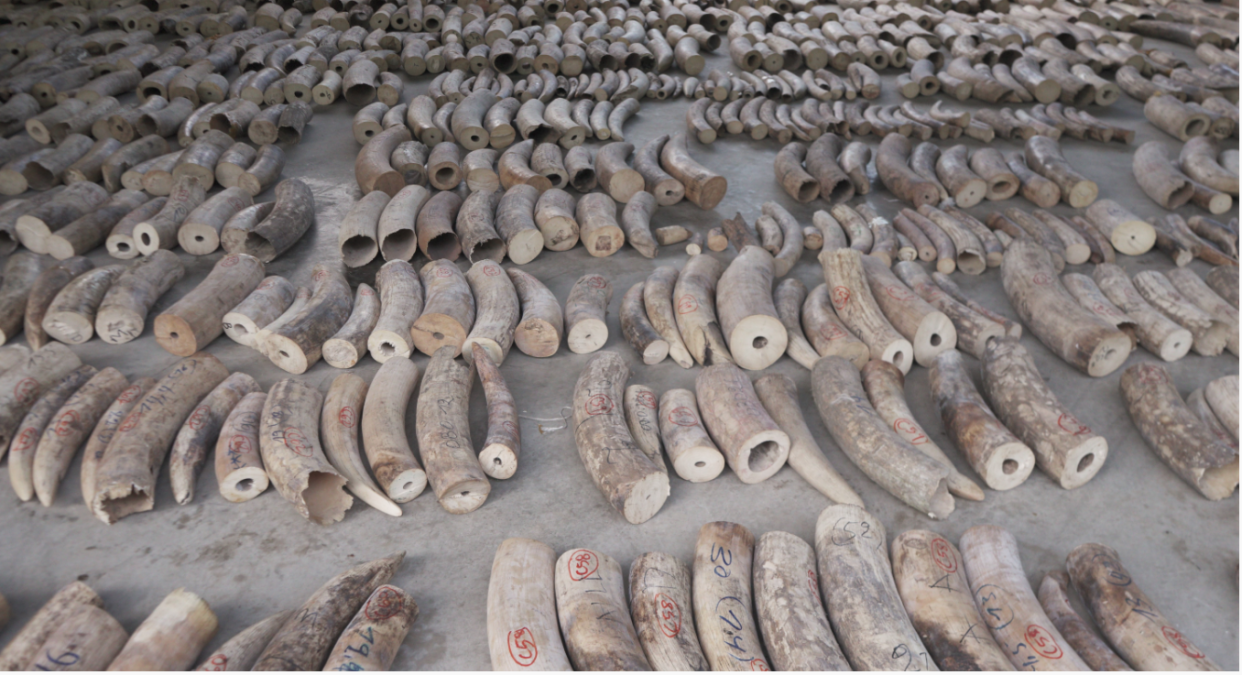More than 20 tonnes of pangolin scales, ivory worth $66M seized in Singapore

SINGAPORE — More than 20 tonnes of pangolin scales and ivory worth more than $66 million were seized by Singapore authorities on Sunday (21 July).
This is the largest seizure of ivory in the Republic to date, while the latest haul means the country has seized a total of 37.5 tonnes of pangolin scales since April 2019.
In a joint operation, officials from National Parks Board, Singapore Customs as well as the Immigration and Checkpoints Authority inspected a shipment of three containers from the Democratic Republic of the Congo.
The three containers were said to contain timber, according to the bill of lading, and were being transhipped through Singapore to Vietnam. Upon inspection, sacks containing pangolin scales and elephant ivory were found in one of the containers.
Packed into 237 bags were 11.9 tonnes of pangolin scales, estimated to be worth about US$35.7 million ($$48.6 million) The scales were assessed to be from the Giant Pangolin (Smutsia gigantea), and the quantity seized was equivalent to almost 2,000 pangolins.
The shipment also contained 8.8 tonnes of elephant ivory, packed into 132 bags and estimated to be worth US$12.9 million. The ivory is thought to have come from nearly 300 African Elephants (Loxodonta africana).
Singapore had also seized 13 tonnes of pangolin scales and 177kg of cut-up and carved ivory in April.
The Republic is a signatory to the Convention on International Trade in Endangered Species of Wild Fauna and Flora (CITES). Elephants and pangolins are protected species under CITES, and international trade in elephant ivory and pangolin is prohibited.
Under the Endangered Species (Import & Export) Act, the maximum penalty for illegal import, export and re-export of wildlife is a fine of up to $500,000 and/or 2 years’ imprisonment.
The same penalties apply to transit or transhipment of CITES-listed species of wildlife, including their parts and derivatives.
According to Traffic, the wildlife trade monitoring network, illegal ivory markets are rampant in Vietnam, Myanmar and Laos, after China – the world’s largest ivory consumer – announced that it was banning ivory trade in 2017.
Related stories:
$52M worth of pangolin scales seized in Singapore
New scanning technology may be adopted to combat illegal wildlife trade: Sun Xueling



